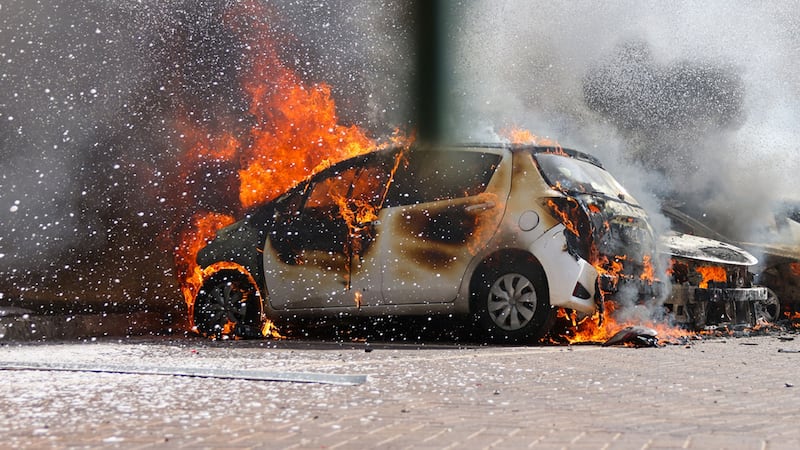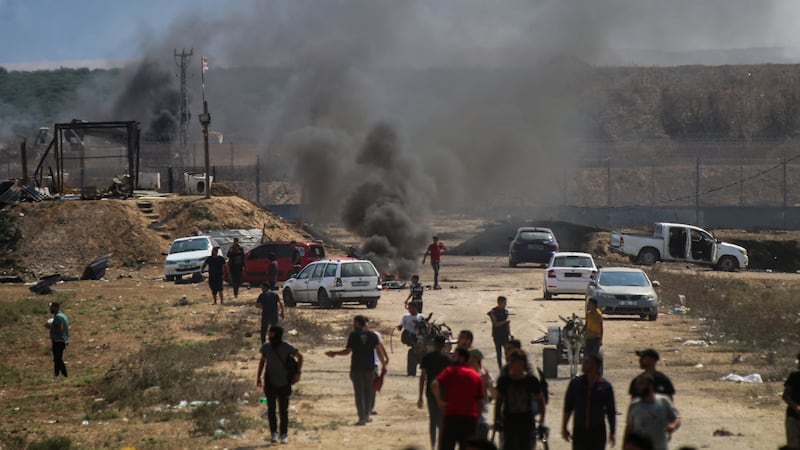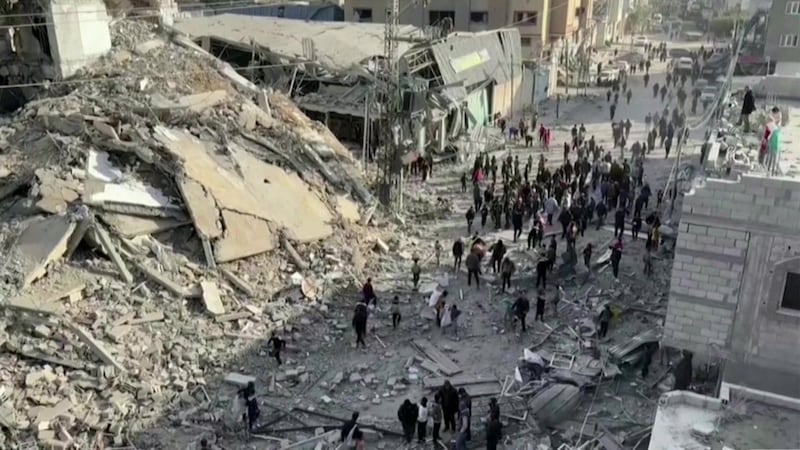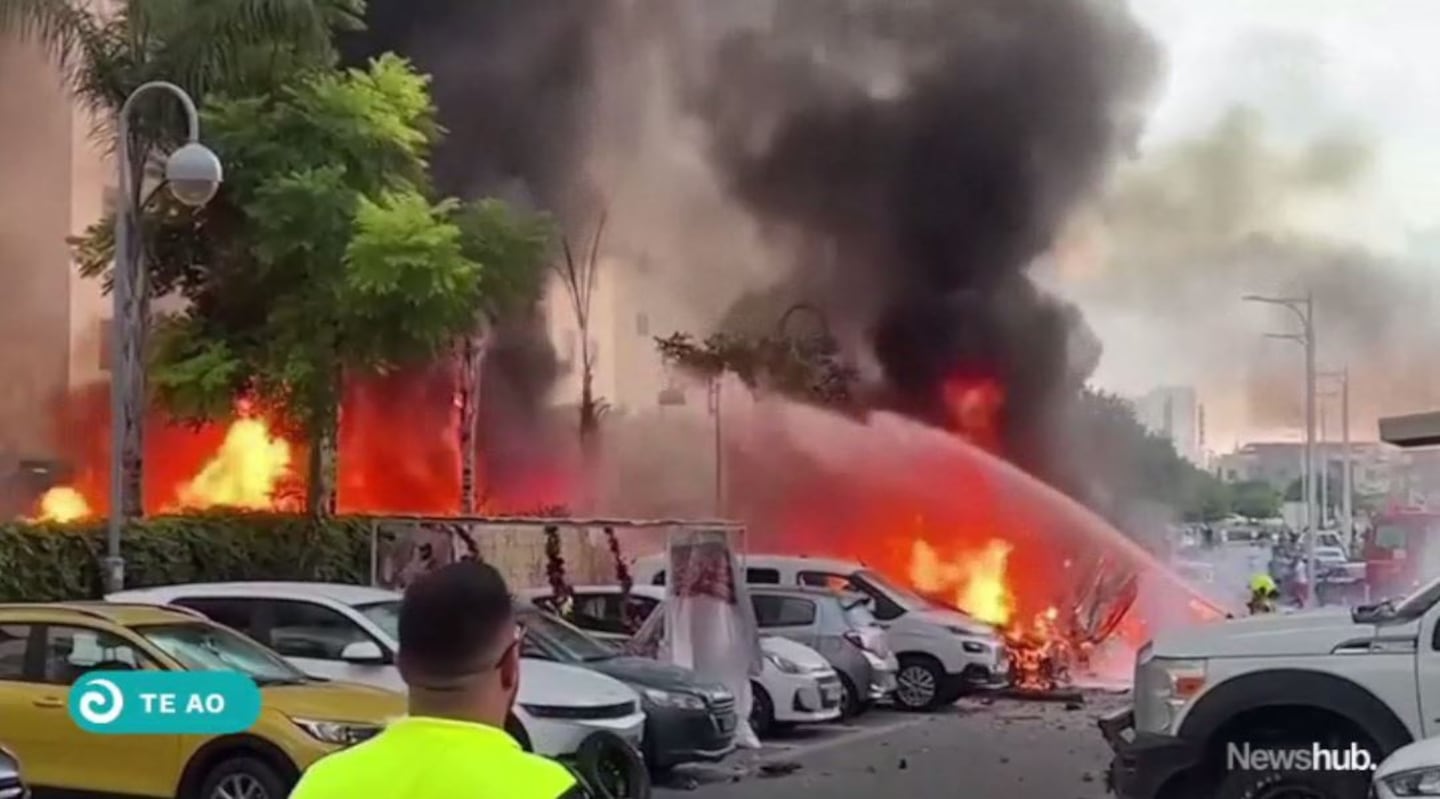The Māori Muslim community supports an Israel/Hamas ceasefire during Ramadan, which is being discussed in talks between Hamas and international mediators in Cairo, Egypt.
So far the conflict has seen more than 31,000 Palestinian deaths and at the moment shows no sign of slowing down.
The fires of conflict first burned bright in October last year when Hamas fighters launched a surprise attack on southern Israel from the Gaza strip.
Israel then launched a continuing attack on the Gaza Strip, with the aim of retrieving hundreds of hostages and killing the Hamas leadership.
However, after five months and tens of thousands of deaths, the local Muslim community just wants the conflict to end.

Arif Kahurangi Hussain
Arif Kahurangi Hussain is a Māori Muslim man who is participating in the Muslim tradition of Ramadan, and supports a ceasefire during what Muslims revere as the “holy month”.
He says it’s heartbreaking knowing what the Palestinian people of Gaza are going through and although he, as a Muslim, does not support the actions of Hamas when the conflict started, he is hopeful a ceasefire is enforced.
“There has never been a more important time I think than the moment to stop killing human lives and stop taking human lives. We should be able to come to some sort of agreement. I understand that there has been a six-week ceasefire proposed by the US but what happens after the six weeks? Where do we go from there?”
UN response
UN Secretary-General António Guterres says what is happening in Gaza is a tragedy and in light of the Islamic tradition both sides need to “silence their guns”.

“My strongest appeal today is to honour the spirit of Ramadan by silencing the guns – and removing all obstacles to ensure the delivery of lifesaving aid at the speed and massive scale required. At the same time and in the Ramadan spirit of compassion, I call for the immediate release of all hostages,” he says.
Speaking to media after a UN Security Council meeting today, the European Union’s foreign affairs and security policy representative, Josep Borrell, emphasised that, despite the rising death toll of Palestinian civilians and fighters, the war is being fought by both sides.
“What we know is schools of kids are traumatised, orphaned and without shelter. At the same time we have to remember that there are more than 100 Israeli hostages still held by terrorists,” he says.
Added challenge
According to the UN there are approximately 1.7 million people, roughly 80% of Gaza’s population who are displaced, and left without a home.
It has been reported that between 144,000 and 175,000 of all buildings along the Gaza Strip have been damaged or destroyed, which is between 50% and 61% of Gaza’s buildings.

Hussain says given the hardships that the people of Gaza are facing because of the conflict, Ramadan is an added challenge for them.
“To be stuck in a situation where they fear for their lives but also having to abstain from things like eating during the day and focus on their prayers and everything else, and their worship and giving when they have nothing left to give already,” he says.
Hussain says the Muslim community does not support the actions committed by either side of this conflict, regardless of their ethnicity.
“We do not support what happened, I do not support what happened on October 7 as a Muslim. But for there to be 15,000 children lost to this alone, I do not see how any good can come from this. In all sincerity, I’m lost for words when it comes to something like that,” he says.



